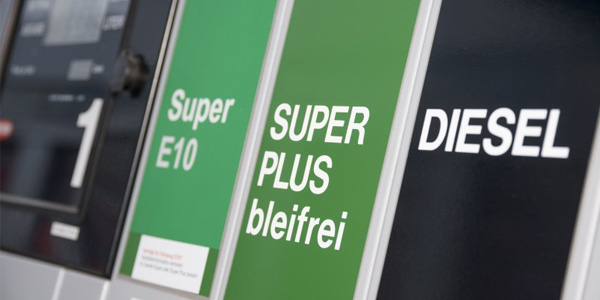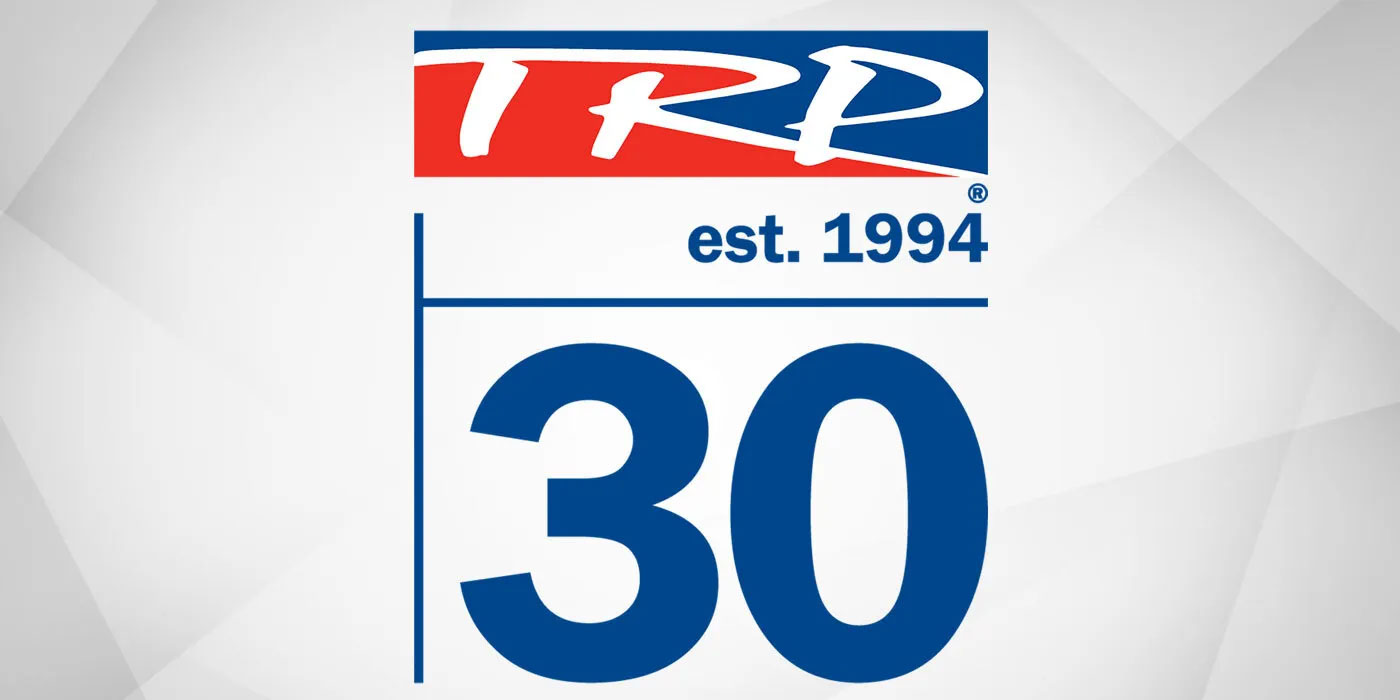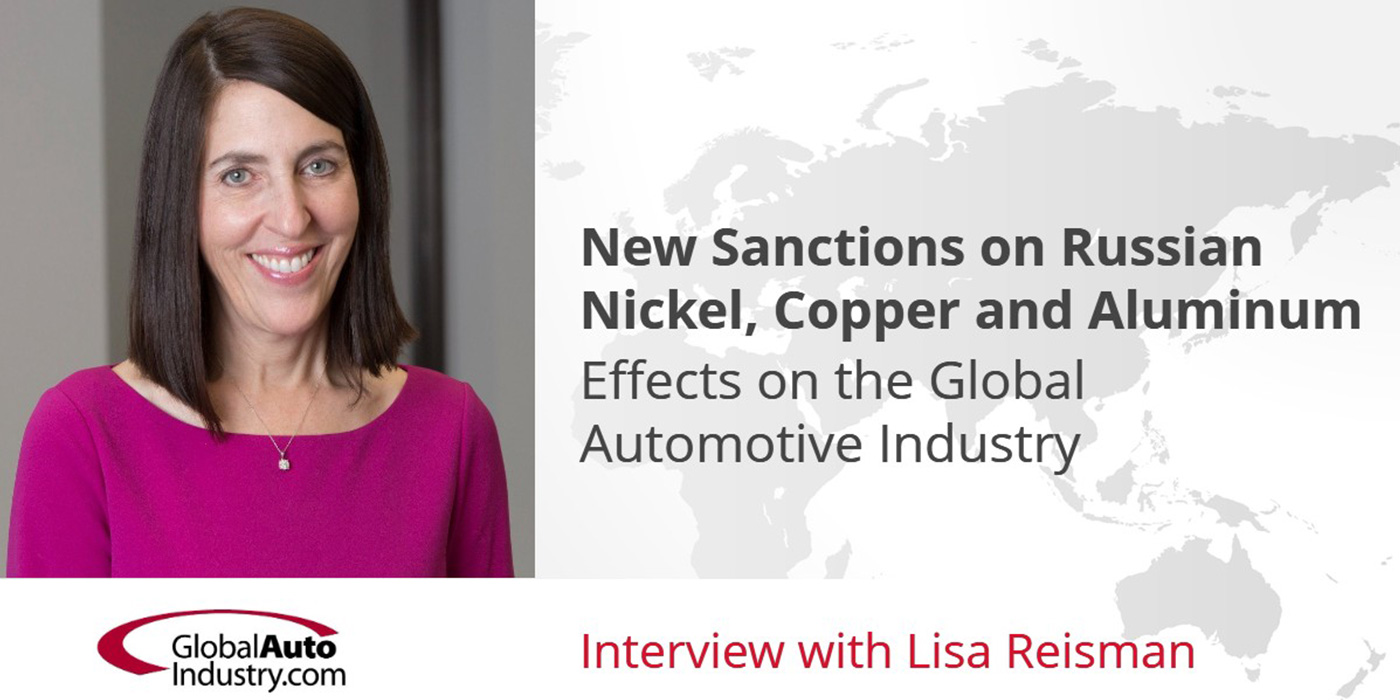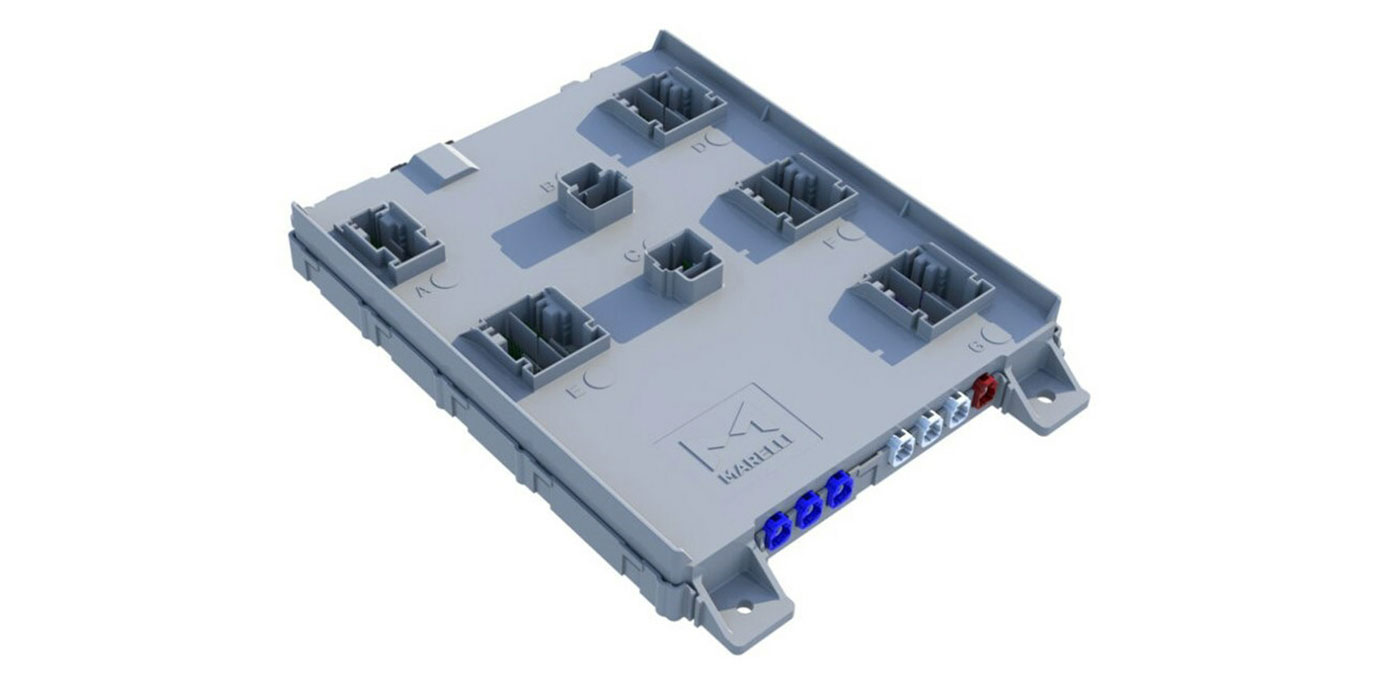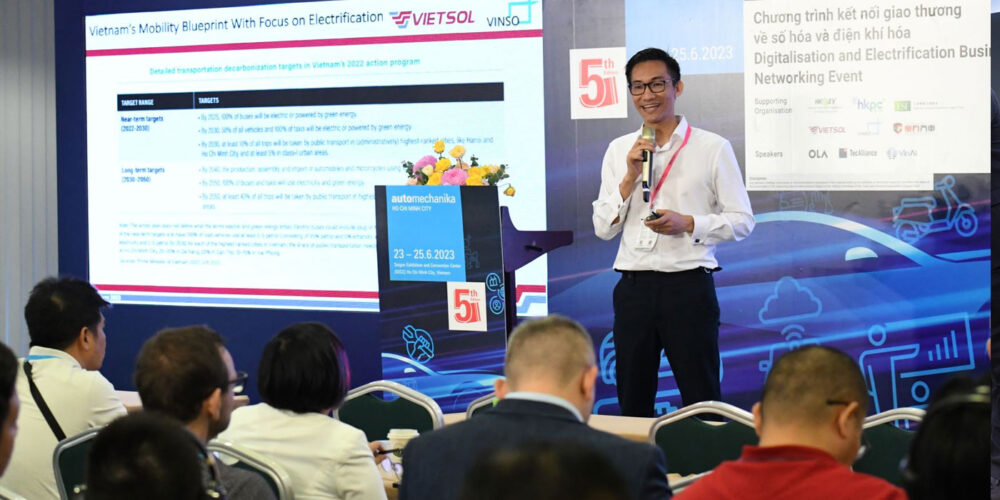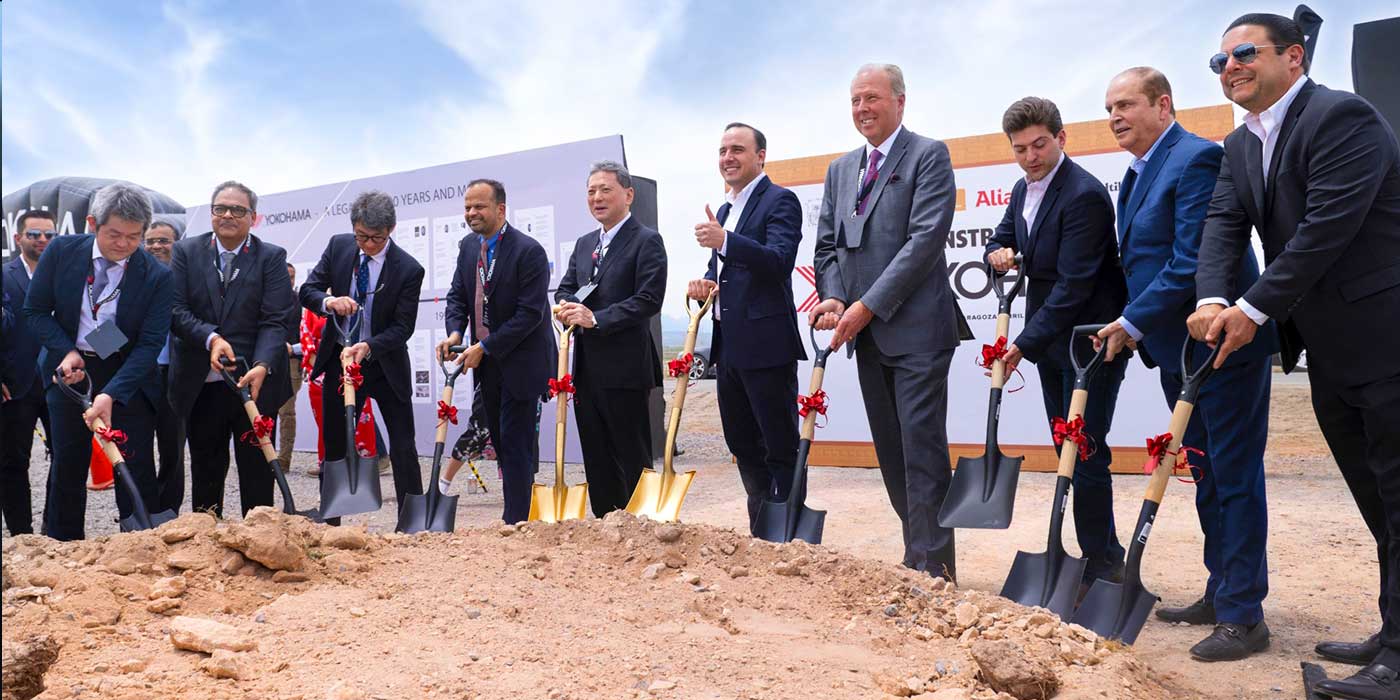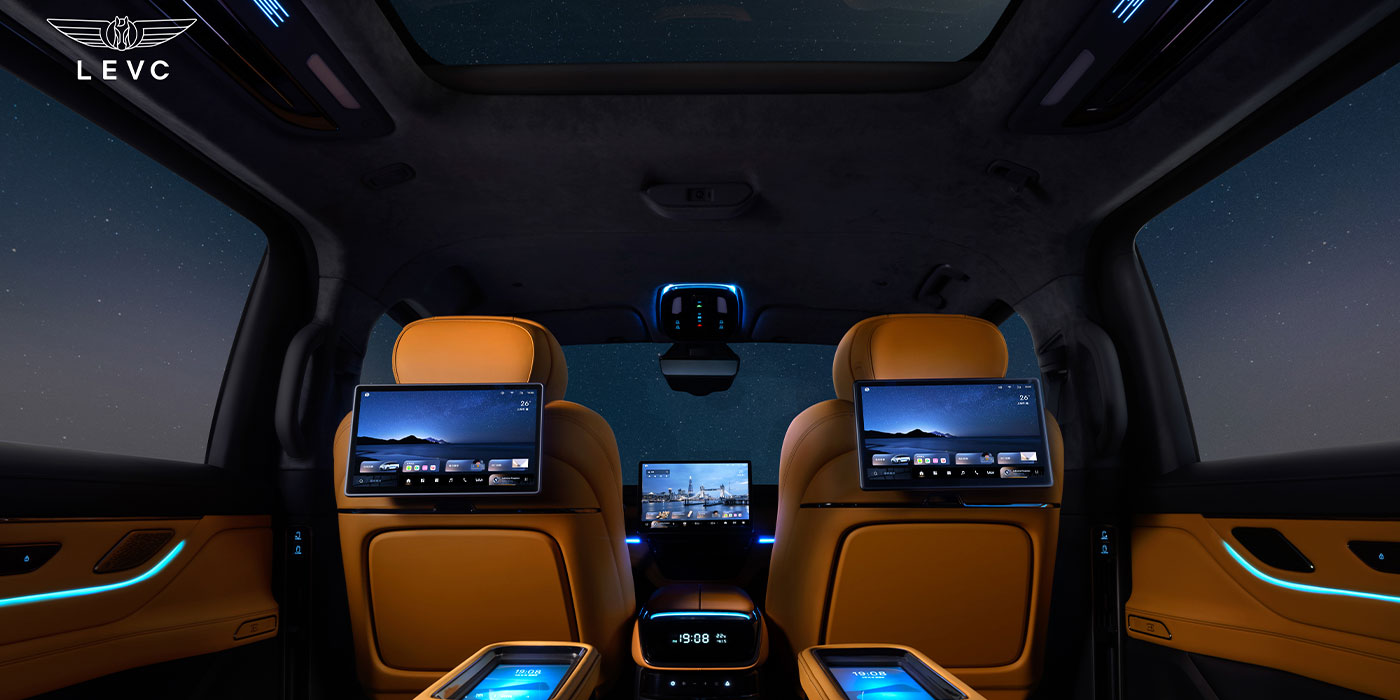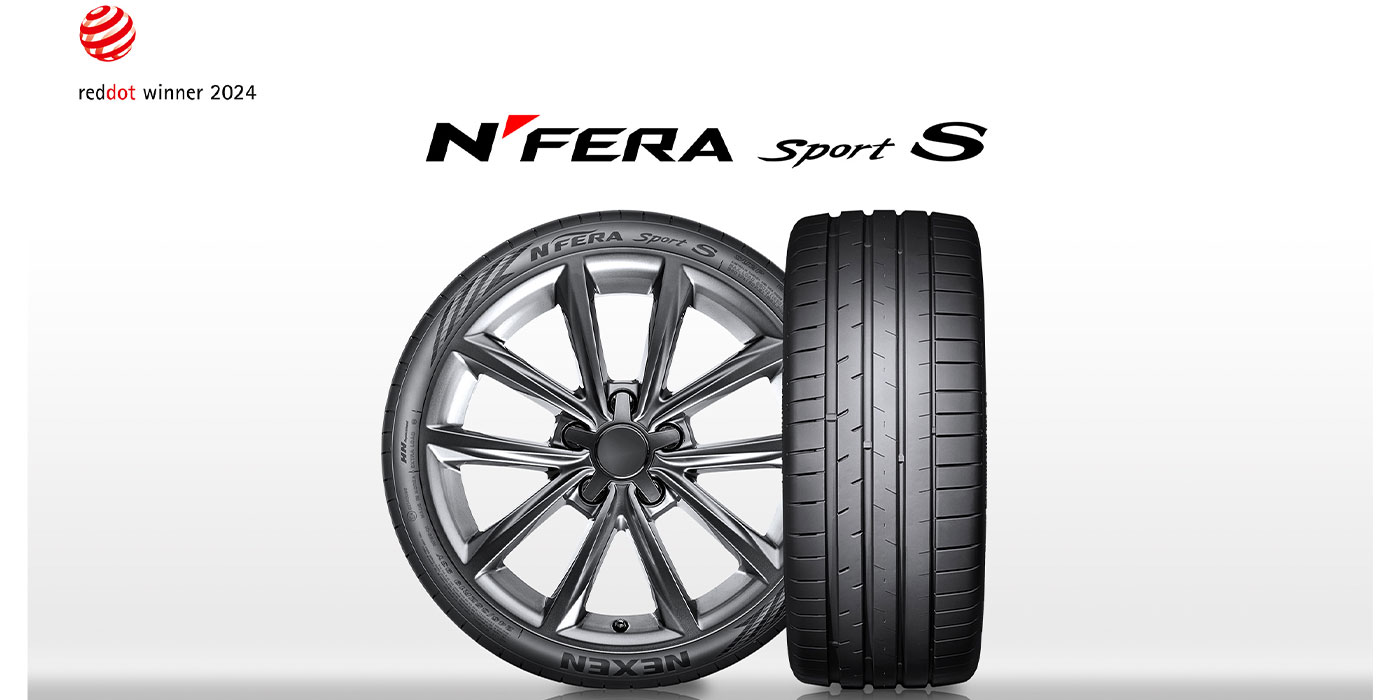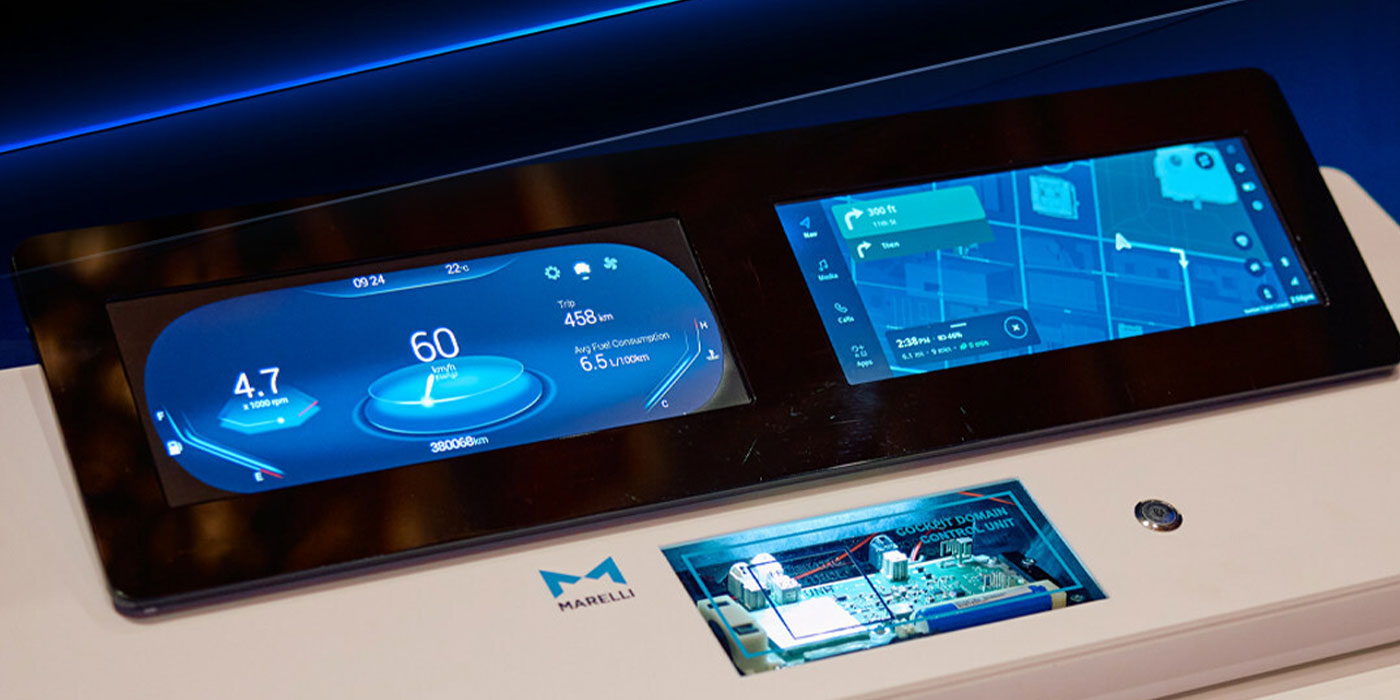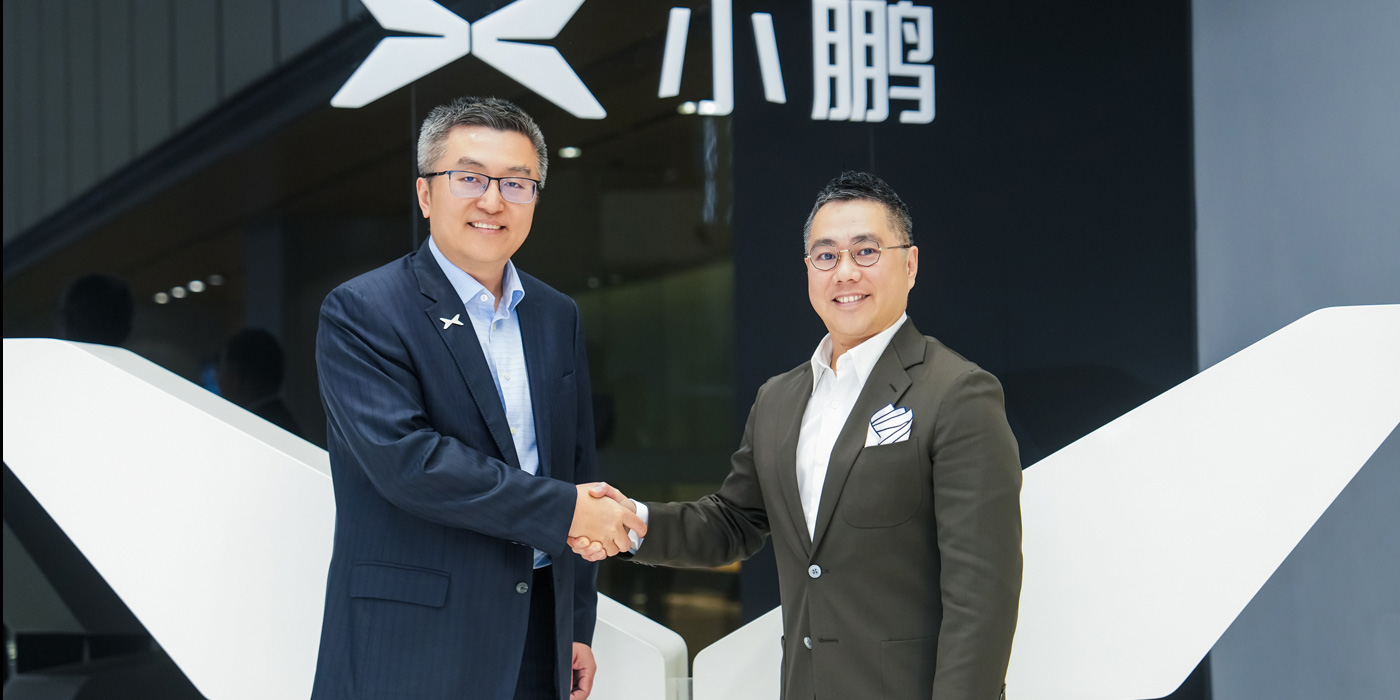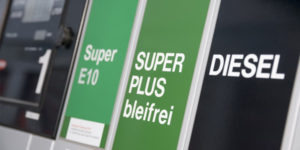 Until recently, Bosch says a carbon-neutral combustion engine was the stuff of dreams. Now it could soon become reality. The secret lies in synthetic, or carbon-neutral, fuels whose manufacturing process captures CO2. In this way, this greenhouse gas becomes a raw material from which gasoline, diesel and substitute natural gas can be produced with the help of electricity from renewable sources.
Until recently, Bosch says a carbon-neutral combustion engine was the stuff of dreams. Now it could soon become reality. The secret lies in synthetic, or carbon-neutral, fuels whose manufacturing process captures CO2. In this way, this greenhouse gas becomes a raw material from which gasoline, diesel and substitute natural gas can be produced with the help of electricity from renewable sources.
“Synthetic fuels can make gasoline- and diesel-powered cars carbon-neutral, and thus make a significant contribution to limiting global warming,” said Dr. Volkmar Denner, chairman of the board of management of Robert Bosch GmbH.
Bosch experts have put an exact figure on the contribution that could be made solely by the European car fleet: by 2050, the use of synthetic fuels as a scheduled supplement to electrification could save up to 2.8 gigatons of CO2, or 2.8 trillion kilograms, according to “Roadmap zum defossilisierten Antrieb” by Ulrich Schulmeister, vice president of engineering for Robert Bosch GmbH. That is three times Germany’s carbon-dioxide emissions in 2016.
Low-soot combustion reduces cost of exhaust-gas treatment
A look beyond Europe’s borders shows how urgent it is to further reduce traffic emissions: if the climate targets set by the Paris conference are to be achieved, CO2 emissions from traffic worldwide will have to be reduced 50 percent over the next four decades, and by at least 85 percent in the advanced economies.
“Achieving our future climate targets calls for other intelligent solutions apart from electromobility,” said Denner. After all, even if all cars were to drive electrically one day, aircraft, ships and even trucks will still run mainly on fuel. Carbon-neutral combustion engines that run on synthetic fuels are thus a very promising path to explore. In addition, synthetic fuels can be designed to burn practically soot-free. In this way, the cost of exhaust-gas treatment can be reduced.
One further crucial advantage is that the existing filling-station network can continue to be used. The same applies to the existing combustion-engine expertise. Moreover, even though electric cars will become significantly less expensive in the years ahead, the development of these fuels may be worthwhile. Bosch has calculated that, up to a lifetime mileage of 160,000 kilometers (almost 100,000 miles), the total cost of ownership of a hybrid running on synthetic fuel could be less than that of a long-range electric car, depending on the type of renewable energy used.
A new lease on life for filling stations and old vehicles
Technically speaking, Bosch says it is already possible to manufacture synthetic fuels. If the electricity used is generated from renewables (and thus CO2-free), such fuels are carbon-neutral and very versatile. The hydrogen that is initially produced can be used to power fuel cells, while the fuels created following further processing can be used to run combustion engines or aircraft turbines.
Pilot projects to commercialize synthetic diesel, gasoline and gas are currently underway in Norway and Germany. In addition, because synthetic fuels are compatible with the existing infrastructure and engine generation, achieving a high degree of market penetration would take far less time than electrifying the existing vehicle fleet, according to the company. Nor will anything change for the drivers of older vehicles, as even classic cars will still run on synthetic gasoline.

